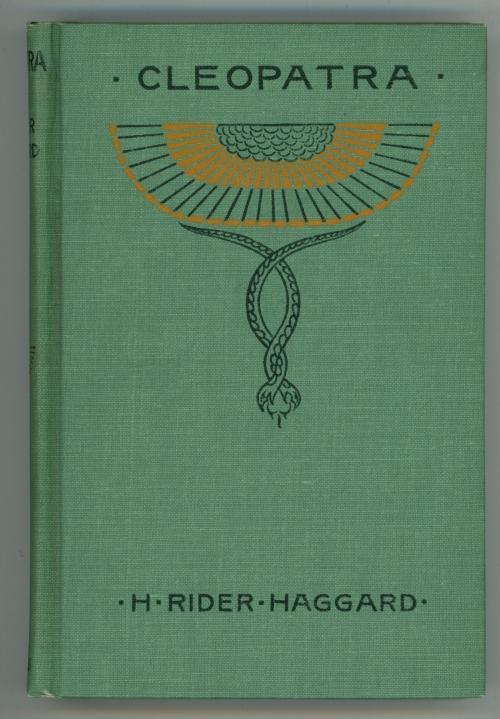

In 1876 he was transferred to the staff of Sir Theophilus Shepstone, Special Commissioner for the Transvaal. In 1875, Haggard's father sent him to what is now South Africa to take up an unpaid position as assistant to the secretary to Sir Henry Bulwer, Lieutenant-Governor of the Colony of Natal. During his two years in London he came into contact with people interested in the study of psychic phenomena. After failing his army entrance exam, he was sent to a private crammer in London to prepare for the entrance exam for the British Foreign Office, which he never sat. This was because his father, who perhaps regarded him as somebody who was not going to amount to much, could no longer afford to maintain his expensive private education. Graham, but, unlike his elder brothers, who graduated from various private schools, he attended Ipswich Grammar School. Haggard was initially sent to Garsington Rectory in Oxfordshire to study under Reverend H. Ī member of the Haggard family, he was the great-nephew of the ecclesiastical lawyer John Haggard and an uncle of the naval officer Admiral Sir Vernon Haggard and the diplomat Sir Godfrey Haggard. His father was born in Saint Petersburg, Russia, in 1817 to British parents. Rider Haggard or Rider Haggard, was born at Bradenham, Norfolk, the eighth of ten children, to William Meybohm Rider Haggard, a barrister, and Ella Doveton, an author and poet. Henry Rider Haggard, generally known as H.

His stories, situated at the lighter end of Victorian literature, continue to be popular and influential. He was also involved in land reform throughout the British Empire. Sir Henry Rider Haggard KBE ( / ˈ h æ ɡ ər d/ 22 June 1856 – ) was an English writer of adventure fiction romances set in exotic locations, predominantly Africa, and a pioneer of the lost world literary genre. Mary's Church, Ditchingham, Norfolk, England


 0 kommentar(er)
0 kommentar(er)
